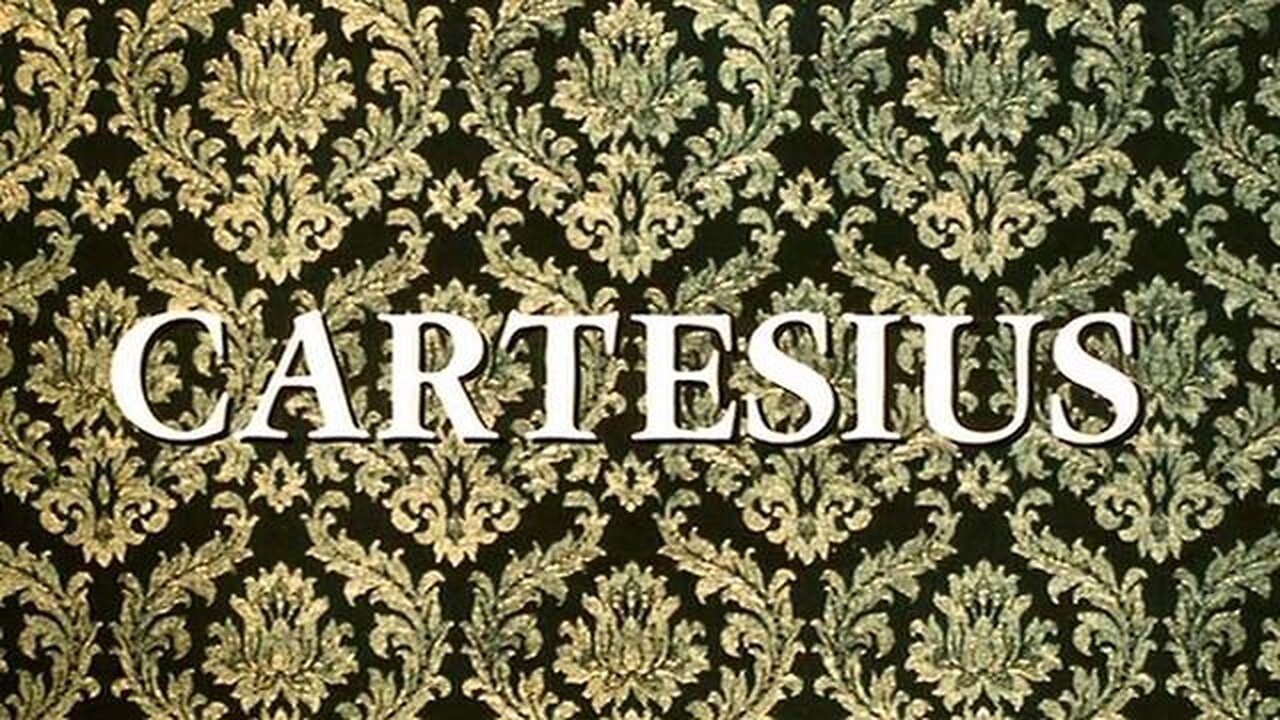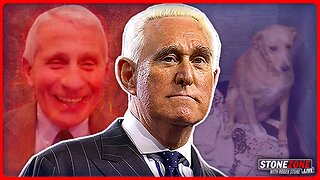Premium Only Content

Cartesius - Part I (TV Miniseries 1974)
Cartesius is a two-part 1974 Italian TV miniseries directed by Roberto Rossellini. Audio in Italian with English subtitles.
The film is also known under the title Descartes (Cartesius in Latin), and it chronicles the illustrious life of French philosopher and mathematician René Descartes (1596-1650). This is part of Roberto Rossellini's Italian TV series on philosophers in history and have an educational purpose.
In the first thirty years of the 1600s, in France the young scholar Descartes carried out research on analytical geometry, initially basing himself on the theories of the ancient Greeks such as Aristotle and Euclid. After having studied further, he realizes that the theories established by those thinkers are now completely groundless and meaningless, since to make new discoveries, progress requires new ideas and mathematical formulas. Thus Descartes, after having tried in vain on a trip to Italy to make priests and his interlocutors understand the efficiency of Copernicanism, is forced to go elsewhere. In fact, being the period of the Catholic Counter-Reformation with which Galileo Galilei also clashed and lost, Descartes also finds himself at first in danger and returns to France where there is tolerance and trust in young revolutionary minds.
After this experience, Descartes also realizes the importance of God regarding the origin of everything we know. Thus he combines mathematics, geometry and religion in his works, becoming the first great revolutionary scientist of the modern period. In fact, in his Discourse on the method he speaks of the way in which one should express and conceive one's philosophical thoughts, based on mathematical theories that are able to establish the quantity and existence of things by means of formulas and numbers. Furthermore, Descartes understands the existence of two distinctly different but united categories: the res extensa and the res cogitans. One deals with everything that has an end and that is imperfect and measurable (things, animals and man), while the res cogitans includes that which is intangible, incomparable and infinite (God and the soul). Starting from these two principles Descartes will also analyze the soul-man compound and will say that the human body is a perfect organ for his way of life, but it would be useless without those indefinable particularities that characterize the soul, personification of life itself.
-
 1:30:05
1:30:05
Adaneth - Cinema&TV
17 days agoFawlty Towers: Re-Opened
96 -
 LIVE
LIVE
SpartakusLIVE
5 hours ago#1 Shadow BANNED Hero
375 watching -
 2:17:46
2:17:46
Kim Iversen
6 hours agoTrump To SMUG Netanyahu: Let's Clear “All” Palestinians From Gaza! | RFK Jr, Tulsi Move On To Round Two
47.8K170 -
 30:25
30:25
Standpoint with Gabe Groisman
1 day agoDemocrats Are Stalling Trump Appointments with Senator Rick Scott
68.1K15 -
 1:00:24
1:00:24
The StoneZONE with Roger Stone
6 hours agoAnthony Fauci’s Brutal History Of Animal Torture Exposed! | The StoneZONE w/ Roger Stone
45.3K15 -
 1:03:38
1:03:38
Man in America
7 hours agoUSAID Corruption, $21 TRILLION Missing, & the End of the US Global Empire?
22.1K7 -
 56:38
56:38
Flyover Conservatives
7 hours ago6 Steps to Take Advantage of Trump’s New Golden Age! - Clay Clark | FOC Show
18.3K2 -
 1:15:25
1:15:25
Glenn Greenwald
7 hours agoTulsi and RFK Jr. Approved by Key Senate Committees; Trump Meets Netanyahu: Wants to Cleanse Gaza; Pro-Palestinian Group Suspended at UMich | SYSTEM UPDATE #402
77K95 -
 1:43:57
1:43:57
Danny Polishchuk
7 hours agoThe Funniest Call In Show On Earth - Live From New York City's Best Comedy Club
35.2K1 -
 1:41:13
1:41:13
megimu32
7 hours agoON THE SUBJECT: Will the Super Bowl Be WOKE??!
30K6